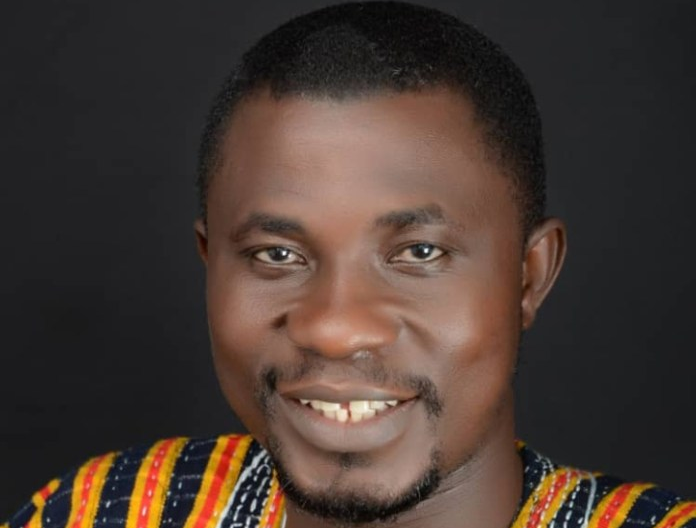Published
2 weeks agoon
By
Diella Teku
Ghana’s National HIV and AIDS Control Programme has revealed alarming figures, with more than 34,000 new HIV infections recorded from January to the third quarter of 2024. The Ghana Health Service (GHS) highlighted these findings during a significant public health event aimed at raising awareness about the ongoing HIV epidemic and the country’s commitment to achieving an AIDS-free future.
Dr. Stephen Ayisi Addo, the Programme Manager for the National HIV and AIDS Control Programme, spoke candidly about the challenges faced in the fight against the epidemic. He emphasized the critical importance of public testing and screening initiatives, revealing that approximately 1.3 million people were screened during the period. This effort led to the identification of 34,000 new cases, an indication of the continuing high rate of new HIV transmissions in the country.
“This year, between January and the third quarter alone, we have identified over 34,000 people as HIV-positive through our testing activities,” Dr. Addo noted, underscoring the urgency of strengthening prevention strategies.
The data was shared at the launch of the 2024 World AIDS Day observance, an event organized by the Ghana AIDS Commission (GAC). The launch included a poignant candlelight procession to honor those who have lost their lives to AIDS, with the 2024 World AIDS Day theme focusing on the importance of “Taking the Rights Path.” The theme serves as a reminder to renew global efforts to prevent new HIV infections and ensure comprehensive care for individuals living with HIV.
Dr. Addo expressed concern over the rising infection rates, emphasizing that achieving Ghana’s goal of ending the epidemic by 2030 would be increasingly difficult if the current trajectory continued. He called on sexually active individuals to take personal responsibility for their health by consistently and correctly using condoms, which remain one of the most effective methods of preventing HIV and other sexually transmitted infections. “The safest way to protect yourself and your partner is to be faithful, use protection, or abstain from sex,” Dr. Addo advised, stressing the importance of adhering to treatment regimens for those already living with HIV to prevent further transmission.
Dr. Atuahene Kyeremeh, Director General of the Ghana AIDS Commission, reinforced the importance of public-private partnerships in the fight against HIV. He committed to working with all relevant stakeholders, including the Ghana Health Service, UNAIDS, and the Ministry of Health, to meet the shared target of eliminating HIV by 2030. He also highlighted the availability of free, effective treatments that help individuals living with HIV manage the virus and reduce its transmission.
The Ghana AIDS Commission has planned a series of events in conjunction with World AIDS Day. One of the key events will be a grand durbar on December 2, 2024, in Accra. The event will bring together representatives from the GHS, UNAIDS, the Ministry of Health, and the National Association of Persons Living with HIV (NAP+), along with other stakeholders, to celebrate the strides made in the fight against HIV and discuss strategies to achieve the 2030 elimination goal.
Participants at the launch expressed unwavering support for the Ghana AIDS Commission’s efforts, with many reiterating their commitment to combatting the HIV epidemic. They urged all sectors of society to work together to ensure that the goal of an HIV-free generation by 2030 remains a reality.


Burundi Referees Set to Officiate Africa Cup of Nations Qualifier Between Angola and Ghana


Video: Nigerian actress Ruth Kadiri threatens to sue Ghanaian TVs showing her content without authorisation


All set for 37th National Farmers’ Day in Cape Coast


Ashaiman MP justifies ‘snatching’ of Speaker’s seat


Court withdraws bench warrant against Sosu


South African head coach blamed his loss on referees performance

SC ruling on Opuni’s case a travesty of justice”- NDC


Company Awarded with One laptop-One Teacher not Recognised by Registrar Generals


COVID-19: Ghana records over 200 deaths in 30 days

























